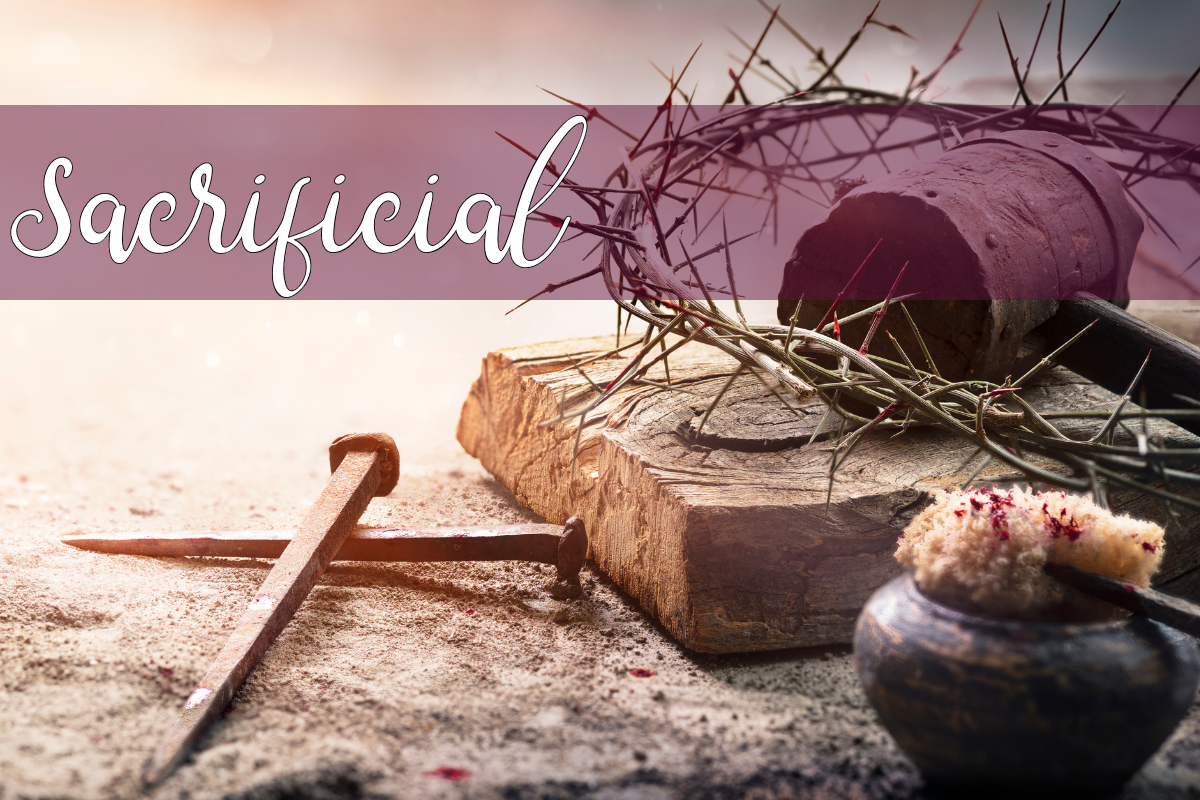Week Beginning November 19, 2023
Proportionate
For thousands of years, people have been giving back to God a portion of their gifts. The Old Testament makes several references to tithes and offerings. “All tithes of the land, whether in grain from the fields or in fruit from the trees, belong to the Lord; they are sacred to the Lord” (Leviticus 27:30). The Hebrew word for “tithe” literally means a tenth part. The ancient tithe, therefore, represents the top ten percent of everything, which is immediately set aside to support the ongoing work of God’s people. Offerings incorporate additional forms of giving and are contributed for the repentance of sin or as a personal thanksgiving.
Our giving is meant to be proportionate to what God gives us, and we give according to our means. Many people still use the ten-percent guideline to plan their charitable donations. Under this recommendation, five percent is dedicated to the Church, one percent is reserved for the diocese, and four percent is distributed to other worthy causes of our choosing.
Christians today, however, are not limited by the old laws of tithing. Rather, we are challenged through our love for God to be the blessing for others the way that the Lord blesses us. Our charitable giving tests the genuineness of our love through the concern we show for others (2 Corinthians 8:8). Additionally, giving away a portion of our worldly goods is an on-going reminder that our greatest treasure is the Lord Himself. “Tell the rich in the present age not to be proud and not to rely on so uncertain a thing as wealth but rather on God, who richly provides us with all things for our enjoyment” (1 Timothy 6:17). Saint Paul explains: “For you know the gracious act of our Lord Jesus Christ, that for your sake he became poor although he was rich, so that by his poverty you might become rich” (2 Corinthians 8:9).
Saint Paul also encourages us to give generously with the confidence that God will provide. “Consider this: whoever sows sparingly will also reap sparingly, and whoever sows bountifully will also reap bountifully. Each must do as already determined, without sadness or compulsion, for God loves a cheerful giver. Moreover, God is able to make every grace abundant for you, so that in all things, always having all you need, you may have an abundance for every good work” (2 Corinthians 9:6-8).
This week, take a close look at your finances and your budget. Where are you placing your monetary support? Do those organizations align with your values? What percentage of your resources do you actually share? Does your giving reflect the genuineness of your love?
Week Beginning November 12, 2023
Planned
We plan for things that are meaningful to us. We make plans to save for our education, marriage, home, family, vacation, and retirement. But, we often forget to plan for the most important thing in our lives–our one relationship that will last for all of eternity. The Old Testament teaches us to reserve our “first fruits” for God. “Honor the Lord with your wealth, with first fruits of all your produce; then will your barns be filled with plenty, with new wine your vats will overflow” (Proverbs 3:9-10).
Dedicating our first fruits to the Lord allows us to orient our priorities toward God and express our gratitude for His generosity. By putting away a portion of our riches for the Church before we settle any other accounts, we ensure that our financial commitment to our spiritual treasure will not be deferred. Saint Paul teaches us, “On the first day of the week each of you should set aside and save whatever one can afford” (1 Corinthians 16:2). This is a powerful expression of God’s importance in our lives.
Planning our gifts involves a thoughtful and prayerful process to determine how we allocate our resources for worthy causes. Incorporating our donations into our regular budget prevents us from presenting God with whatever leftovers remain after lesser obligations are fulfilled.
Sharing our treasure helps us to place our love for God and others above our desire for money and material goods. It also demonstrates our faith in God’s providential care, trusting that what remains will be adequate for our needs. This week, examine your budget and your charitable gifts. Are you reserving your first fruits for the Lord? Each of us must search our heart to discern our level of giving. Consider praying this prayer from Saint Ignatius of Loyola: “Dearest Lord, teach me to be generous; teach me to serve you as you deserve; to give and not to count the cost.”
Week Beginning November 5, 2023
Intentional
What do you treasure? Is it your family, your career, your creature comforts, your pet, or your property? Maybe your prized possession is your signature look, some special skill, or the esteem others have for you. Are you focused on building your own personal empire, amassing a fortune, and enjoying the perks that come from your success? Saint Matthew and Saint Luke tell us, “For where your treasure is, there also will your heart be” (Matthew 6:21, Luke 12:34).
The question then becomes where is your heart? How we spend our time, money, and effort illustrates what we value the most. The saints caution us not to place our emphasis on worldly goods, but rather focus on heavenly treasures. “Do not store up for yourselves treasures on earth, where moth and decay destroy, and thieves break in and steal. But store up treasures in heaven, where neither moth nor decay destroys, nor thieves break in and steal” (Matthew 6:19-20).
When our lives are properly ordered toward God, He becomes our greatest treasure. A good steward makes a deliberate choice to serve God first above everything else. We intentionally desire to dedicate our resources toward pursuits that glorify Him and build His Kingdom. We use lesser treasures like money to preserve and grow greater treasures like faith. We prioritize supporting His Church because our values are aligned with each other. We recognize that everything we have is on loan from God, and we trust that He will provide for our care.
We consider our offertory and charitable donations as a small test of our faithfulness and stewardship. If we are wise in investing little things like money for the sake of our spiritual treasure, God rewards us with greater gifts. For our faithful commitment, we receive God’s blessing, grace, and imperishable inheritance. The largest monetary fortune is worth very little compared with God’s eternal sacrifice for and investment in us.
The saints warn us that we cannot serve two masters (Matthew 6:24, Luke 16:13). If we are not careful, money and its acquisitions can become our master. “Those who want to be rich are falling into temptation and into a trap and into many foolish and harmful desires, which plunge them into ruin and destruction. For the love of money is the root of all evils, and some people in their desire for it have strayed from the faith and have pierced themselves with many pains” (1 Timothy 6:9-10).
This week, prayerfully consider if you are living your life with God as your most cherished treasure. Do you seek happiness from worldly pleasures or from the Lord? What gives purpose and meaning to your life? Are you making an intentional effort to give back to God with gratitude for everything He gives to you? Saint Thomas of Villanova remarks: “What great profit you gain from God when you are generous! You give a coin and receive a kingdom; you give bread from wheat and receive the Bread of Life; you give a transitory good and receive an everlasting one. You will receive it back, a hundred times more than you offered.”




